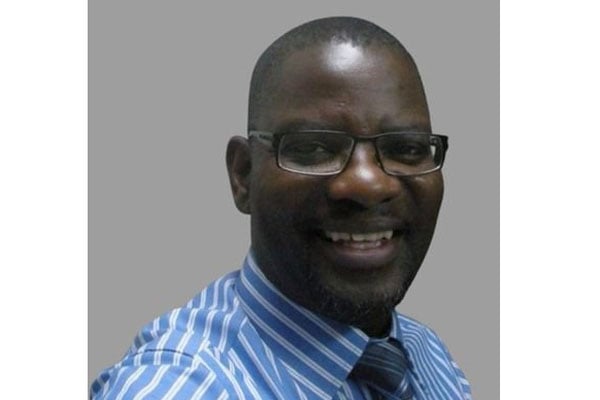Prime
Confronting the age of misinformation
What you need to know:
- Technology. Advances in medical science, technological change and communication have greatly improved different facets of human life.
I do not use WhatsApp, an otherwise highly popular messaging service, at least among Ugandans and other African nationalities. It is a deliberate choice I made, but many people find it utterly strange that I have stayed away from a service that is so handy and convenient for making free calls and text messages (obviously it is not free, nothing is free in this world).
In the Western world, particularly in North America, the origin and home of WhatsApp, ironically, the service is less widely used, mainly popular among African (and other) migrants, but not the natives. The latter still use the old way of communicating: Phone text messaging and calls, but especially email for official and business communication. I too have stuck to the old way – email is the best way to reach me.
Twitter is hugely popular among elite circles, the media and political classes.
Facebook, by contrast, is catchall across the world. In the so-called developed world, increasingly, Facebook is used for marketing and promotion purposes, including disinformation campaigns and as a forum for spewing toxic propaganda, divisive rhetoric, and alarmist sensationalist material. The positive power of social media is undeniable. By far, the digital revolution powered by the Internet is easily the most revolutionary human innovation ever. What would have taken months to communicate can now be delivered in a split second.
Many progressive social causes have benefitted from the ease and accessibility of social media platforms. Small business marketing, not-for-profit ventures, community initiatives, the exposure of wrongs against individuals and communities, abuses of power and authority have all found voice and amplification from different social media platforms. I have used Facebook and Twitter since 2009, two phenomenal sources of news, knowledge and information but also misinformation. These two are great resources for discovering long lost friends and relatives, building expansive networks of acquaintances and collaborators, engaging in informative and insightful discussions that happen instantly at multi-continental levels.
But the dark and dangerous side of social media and the Internet age keeps growing. There is good cause to pause and reflect. The almost unlimited and boundless activities of social media platforms make for easy use and appropriation for all sorts of nefarious agendas and evil schemes. It is now not possible to know when President Museveni’s Twitter post is genuine or faked, when a photo is real or made-up, and when a news story is credible or fabricated.
The current Covid-19 pandemic is illustrating in real time the extent to which the age of the Internet and unmodulated social media, can perpetuate as many problems as it solves. All sorts of conspiracies have flourished and proliferated, flying in quick order from one end of the world to another, peddled and promoted without questioning their veracity or credibility.
Consider the utterly ridiculous falsehood that the current coronavirus has something to do with the 5G Internet technology, something that many bought into and spread it around. My better half received it many times on her WhatsApp from friends in Uganda and elsewhere. The abundance of information, made possible by the Internet, should make us more informed, better educated, more thoughtful and with broader understanding of issues and developments near and far. In many ways, this is true. Yet, it is also true that we are being reduced to docile bodies, inundated by flurries of both chaff and grain, fake and fact, truth and lies, thoughtful ideas and idle chattering, all folded and foisted relentlessly in our everyday lives.
With a Twitter handle and Facebook timeline, everyone comments on everything even for which they know nothing, often disparaging and dismissing the input of otherwise qualified professionals and knowledgeable specialists. This democratisation of knowledge and communication is remarkable and progressive, but it is carries enormous danger too. The world today is far better than it was before the advent of the digital revolution. Advances in medical science, technological change and communication have greatly improved different facets of human life. It is difficult to argue against this. But it is precisely because of the incredible and mind-blowing positive influences of the current age, the age of information explosion, that we should be wary of the grave dangers of misinformation and being reduced to uncritical purveyors of everything that pops into our WhatsApp inboxes, Facebook timelines or inboxes.
The seeds of destruction are right inside the alluring and powerful social media bubble. Forwarding salacious and sleazy WhatsApp messages, whose origin and veracity you cannot vouch for, Retweeting without questioning and reposting whatever sounds captivating are actions we can refrain from.



